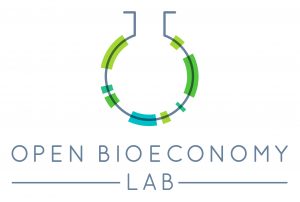
The Shuttleworth Foundation is our primary funder through a Fellowship to Dr Jenny Molloy. They focus on supporting social innovators, particularly at the interface of openness, technology and education for social change. The Foundation is itself an experiment in open philanthropy and champion alternative funding methodologies and collaborative ways of working, that make them a true partner in our research and mission.

Kwame Nkrumah University of Science and Technology (KNUST) is Ghana’s first university dedicated to training Ghana’s workforce in science and engineering. The university is known for its remarkable achievements in biomedical research and its training of undergraduate, graduate, and post-graduate students. KNUST is partnering with the Open Bioeconomy Lab through one of its departments, Department of Molecular Medicine to exploit the local biomanufacturing of molecular biology enzymes by expressing and producing these enzymes for use in molecular diagnosis and research activities within the university departments that need them.
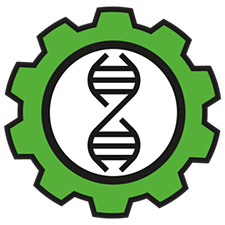
Biomakespace is Cambridge’s first community based, open access biology and prototyping space, on the Cambridge Biomedical Campus. Dr Jenny Molloy is a co-founder of the space and we have been greatly benefited by access to their community of scientists, engineers, technologists, entrepreneurs, teachers, artists and members of the public interested in engineering with biology. Biomakespace provides members with affordable access to a well equipped lab and prototyping space as well as to training and social events, our interns and summer students are typically based in Biomakespace which offers a unique experience to complement classical academic research placements.
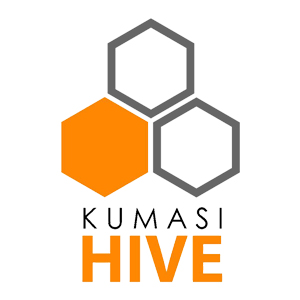
Kumasi Hive is a Tech Innovation Hub for rapid prototyping of ideas, budding local innovations, impact start-up support & promoting youth entrepreneurship as a way of addressing critical socioeconomic and developmental challenges. Kumasi Hive also provide startup business support services, hardware engineering consultancy and training services in emerging technologies such as Internet of Things (IoT), Blockchain, Robotics, Machine/Artificial Intelligence, Virtual/Augmented Reality, 3D Printing etc. Open Bioeconomy Lab is partnering to add Biotechnology to that list through establishing the Hive BioLab.
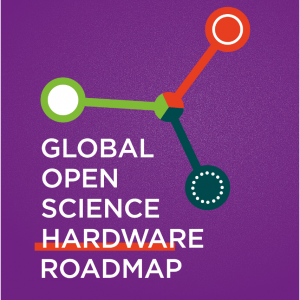
The Global Open Science Hardware community supports OScH by convening meetings such as the Gathering for Open Science Hardware (GOSH), publications, activities and providing a forum for the community. Dr Jenny Molloy was a co-organiser of GOSH in 2016-19 including meeting at CERN in Geneva, GOSH 2017 in Santiago de Chile and GOSH 2018 in Shenzhen. The Community has published the GOSH Manifesto and a Roadmap for making Open Science Hardware ubiquitous by 2025. Several GOSH Community members are collaborators with our projects and we consider the community as a whole a key partner in our work.

OpenPlant is a University of Cambridge strategic research initiative to champion the adoption and use of synthetic biology and open source models in conducting multidisciplinary research critical to influencing policies on a transborder level. OpenPlant operates through the OpenPlant fund and has supported educational resource development in low-resource settings, Biomaker Challenge and individual research projects. OpenPlant through the OpenPlant fund supported the Biomaker Africa programme in Ghana to train graduates, university students and academics to build multidisciplinary solutions at the intersection of electronics, sensor technology, 3D printing and biology.

Global Community Biosummit is an initiative headquartered at MIT Media Lab, Boston Massachusetts. The Global Community Biosummit through its works seeks to fundamentally transform the life sciences, democratize biotechnology to inspire creativity and improve lives by organizing life science change-makers and bioenthusiasts to build an inclusive global network, cultivate an accessible commons of knowledge, and resources and launch community labs, projects and enable local educators.Therefore, in the light of democratizing biotechnology and enabling local educators, supporting two researchers of the Open Bioeconomy Lab through the Global Bio Fellowship and creating an enabling platform to launch projects in our respective regions.
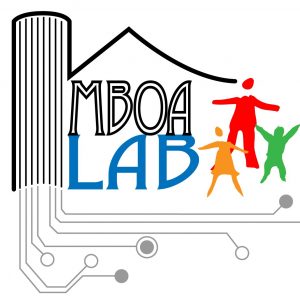
Mboalab is Research and practical Center on Open Science and Citizen sciences. Officially opened in December 2017, the Mboalab aims to provide a better life to local populations through Openness, DIY, Hacking, Making, and digital technology. Based in Yaoundé (Cameroon), the Mboalab catalyse local sustainable through its three units: the community biology Lab, Makerspace and library. The community biology lab collaborates with Open Bioeconomy Lab to set up an Open Enzyme local manufacturing.
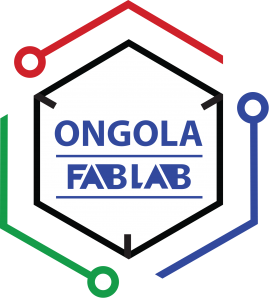
Ongola FabLab is a FabLab created by Agence universitaire de la Francophonie (AUF) and Fondation Orange. Based in Yaoundé, Ongola Fablab aims to help disadvantaged young Cameroonians in their professional projects, by enabling them to integrate digital practices and increase their employability, by developing their creativity and skills. MboaLab and Ongola Fablab collaborate in building low cost equipment.
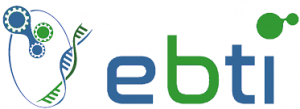
Ethiopian Biotechnology Institute has been established to facilitate the transfer of biotechnology and other emerging technologies into the regular lives of citizens. It is a founding belief that the products and services from biotechnology should be available to all.
